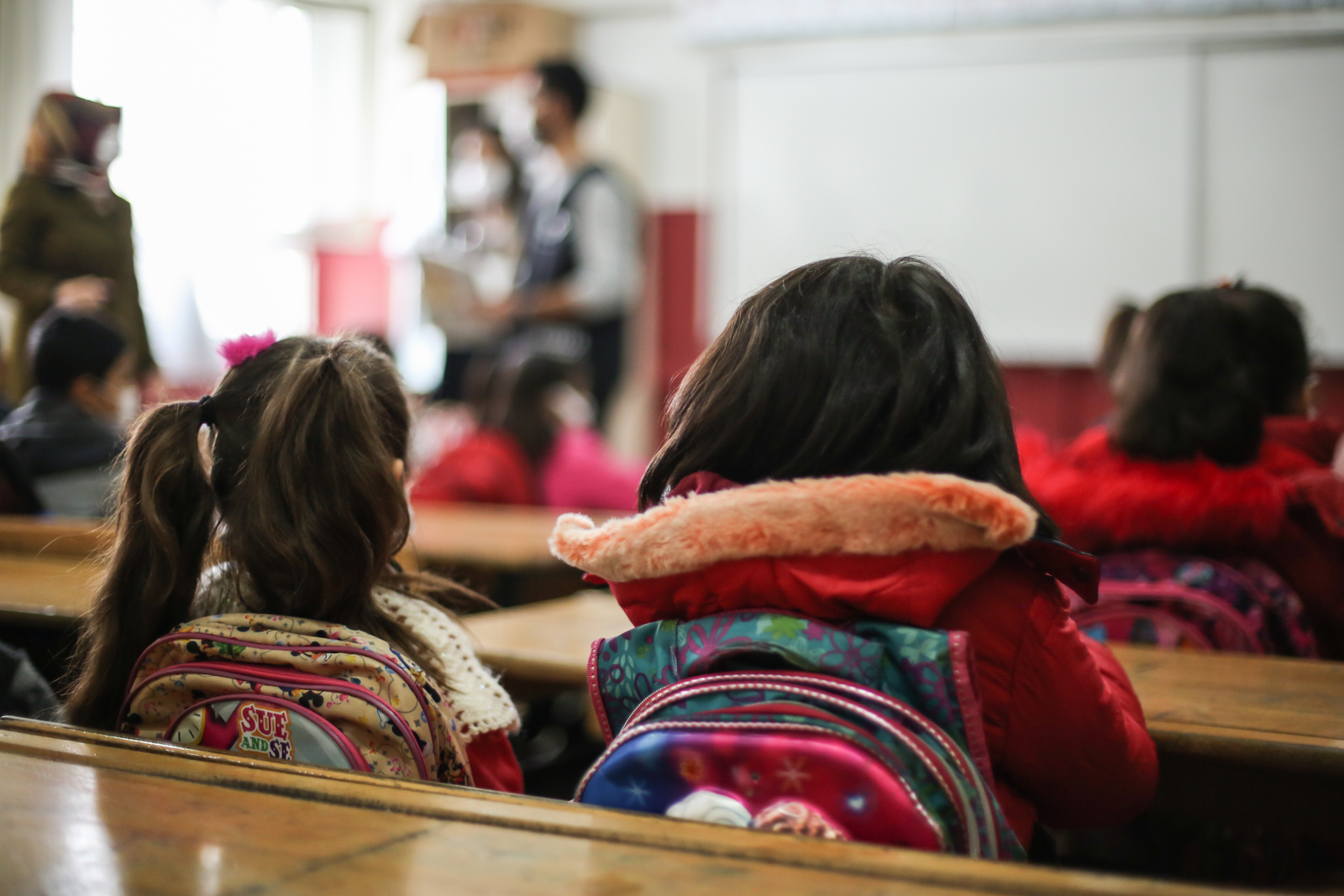
Changed attitudes of East African boys is helping girls to stay in school
Barriers to education, Girls' education, Right to education, Teachers and learning
A charity found that girls' attendance increased by 80% in Kenyan and Tanzanian schools when both sexes had lessons on subjects including sex, teenage pregnancy and domestic violence.
Girls’ school attendance in East Africa almost doubles when students of both sexes are taught about sex, relationships and money, a charity has said – highlighting how the attitudes of boys influence the educational success of girls.
Asante Africa Foundation said girls’ attendance increased by 80% in Kenyan and Tanzanian schools where its project taught about 9000 adolescent girls, 3000 mothers and 500 boys about problems like teenage pregnancy and domestic violence.
“If we want to ensure that the next generation of women are given the chance to receive a quality education then we must train our boys to be champions for girls’ equality,” Erna Grasz, founder of the US-based charity, said in a statement.
Two-thirds of the countries with the greater gender gap between boys and girls in school are in sub-Saharan Africa, largely due to culture and poverty.
Poor girls in rural East Africa often drop out of school when their periods start, as their families regard this as a sign that they are old enough to be married off, or have sex to pay for basic needs.
After taking part in the programme, boys started listening to girls more and helped them come up with income-generating ideas, like making jewellery and rearing chickens, the charity said.
“The boys of today are the husbands and fathers of tomorrow,” the report said, highlighting the need to change boys’ attitudes towards traditions like female genital mutilation to end such practices.
Mothers were brought in to talk about puberty and finances, while students had frank discussions with slightly older girls about taboos like backstreet abortions, Asante Africa said.
At current rates, the world is set to miss a target for all children to go to secondary school by 2030 by more than half a century, according to the United Nations educational body UNESCO.

More news

Skills for the future give young people the best chance of success
